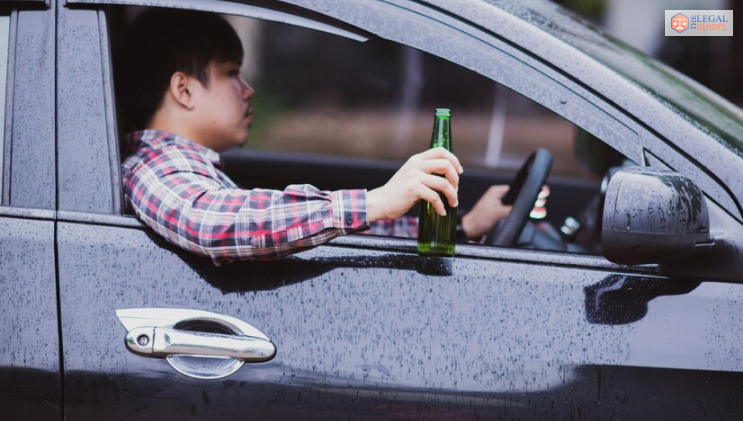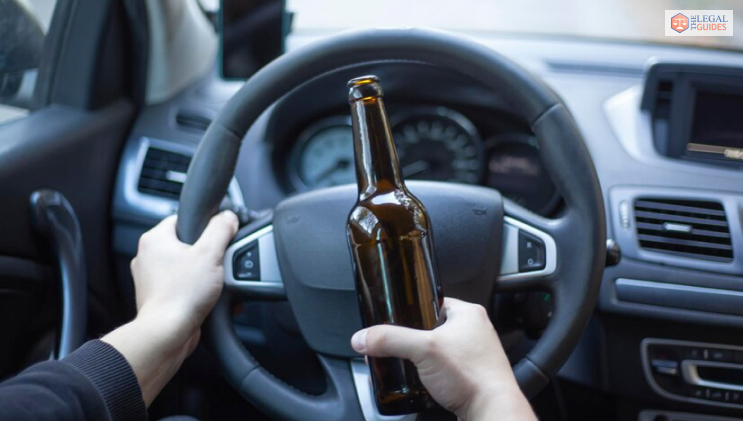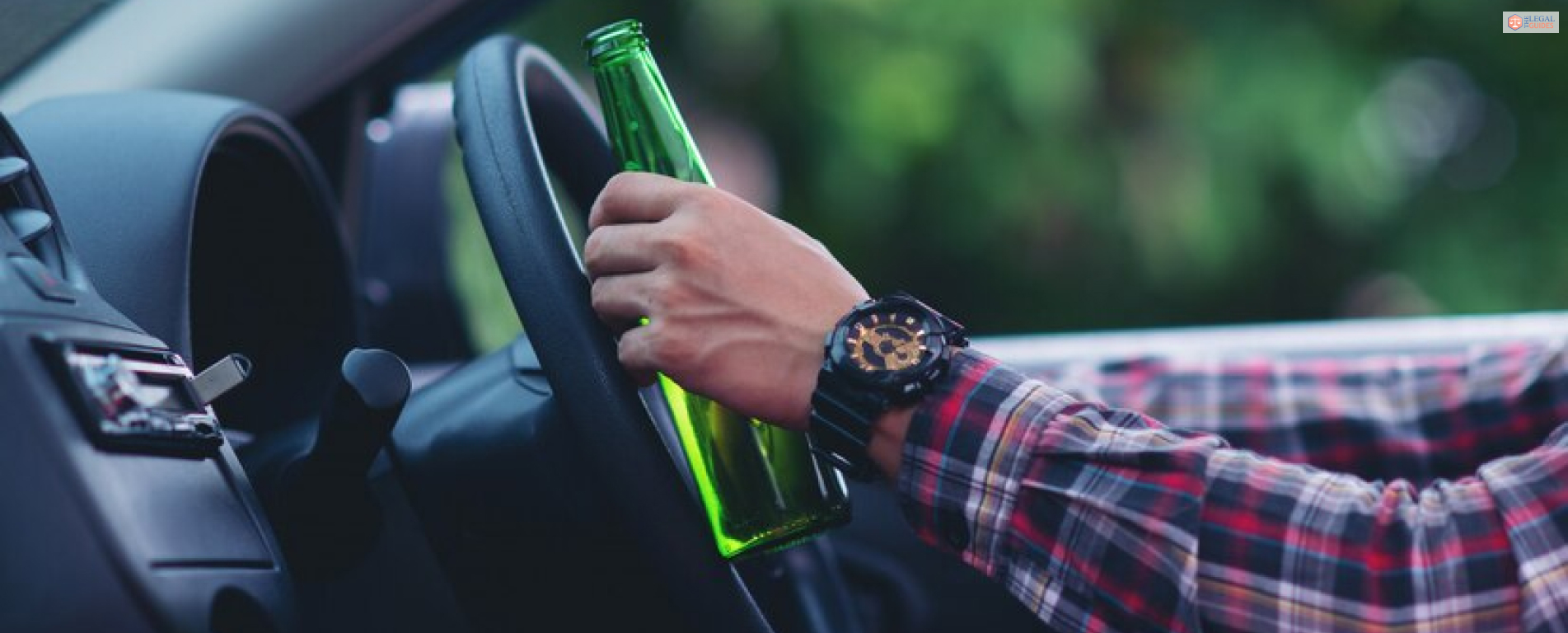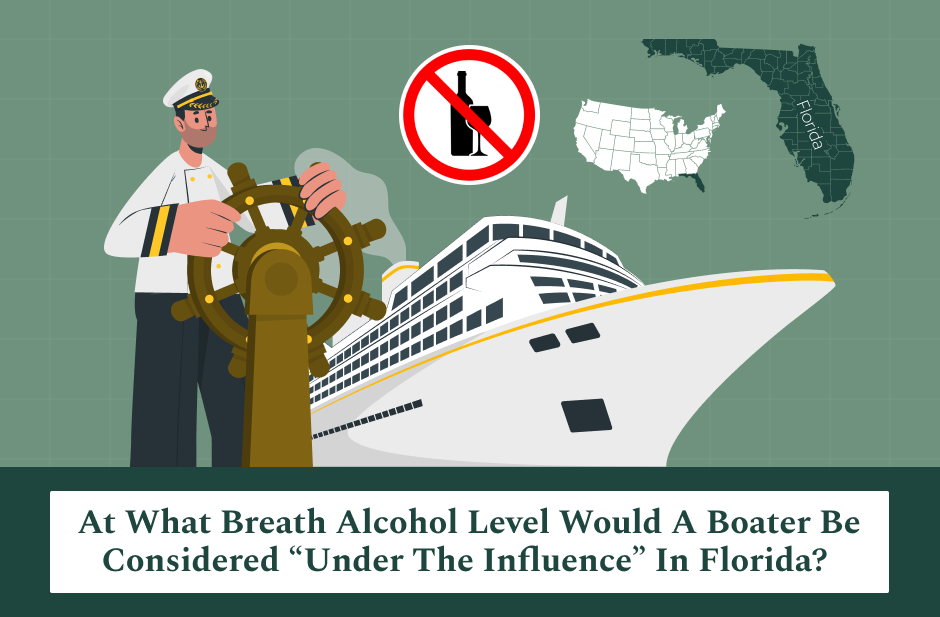Today, we talk about Florida Open Container Law. An open container law in any state of the United States lays down rules and penalties regarding the consumption and possession of alcohol through open containers. However, the restrictions on the consumption of alcohol through the open container law only apply to alcohol inside the vehicle.
Florida Open Container Law says that it is generally illegal to drink alcohol or have open alcohol containers in vehicles. This law covers most situations, and there are penalties if you’re caught breaking it. Let’s take a closer look at Florida’s rules about open containers in vehicles and what happens if you don’t follow these laws.
Thus, you do not need a master’s degree in law to understand about open container laws. That is what we are here for!
So, let us begin without any delay!
What Is The Open Container Law In Florida?

Florida has a rule about having open alcohol in cars. It means you can’t drink alcohol or have an open bottle or can of alcohol in the following conditions.
a. You are driving a car,
b. You are riding in a car while someone else drives, or
c. When you are sitting in a parked car on the road.
Therefore, the purpose of this law is to keep people safe on the road.
Now, let’s break it down a bit more. What are your duties according to this law? Well, if you’re behind the wheel, don’t have open alcohol.
For example, if you’re sitting in a car while someone else is driving, you should still have no open alcohol. Even if the car is not moving and just stopped by the road, having open alcohol is a no-go.
Breaking this law could get you in trouble with the authorities. So, it’s best to avoid drinking or keeping open alcohol in a car when you’re on the road in Florida. Afterall, this law is in place to ensure everyone’s safety, so it’s important to follow it.
What Does “Open Container” Mean?
In Florida, if you have got a bottle of alcohol,
- Or a can of alcohol that is open and ready to drink
- or has its seal broken,
- it’s called an open container.
Having this in the main part of a car while driving or stopped on any public space is illegal. Therefore, in places like roads, streets, sidewalks, or bridges, open containers of alcohol when present is against the law.
What Is The “Open Container” Law In Florida? Where Does It Apply To?

This law applies to any alcohol bottle or can that’s reachable in the car’s main area. Moreover, if it is not locked away, like in a locked trunk, it’s automatically assumed to belong to whoever is driving the car.
Thus, even if the car is not moving and just parked, having open alcohol in the main part of the car breaks the law.
What Roads Fall Under Florida Open Container Law?
Generally, Florida open container law applies to various public places where people travel, like streets, highways, alleys, and sidewalks.
Additionally, it also covers places necessary for maintaining roads for travel and other structures. For example, culverts, bridges, and tunnels. So, if you’re on any of these spots, the Florida state law about open alcohol containers in vehicles applies.
How Can You Avoid The Florida Open Container Law Charge?

To avoid facing charges under the Florida open container law just make sure to follow the rules. Please keep any open alcohol bottles or cans out of reach while in a car. If it’s in the main part of the car and accessible, it’s breaking the law. Thus, this will applicable whether the car is moving or parked.
Possession Of Alcohol Under The State Law
So, what does it mean to be in possession of alcohol under the Florida State Law? Now, when it comes to who has an open container, it’s pretty simple. If a passenger has an open bottle or can within their control, it is possession. Therefore, if you are holding it or keeping it nearby, it’s in your possession according to the law.
Florida Open Container Laws For The Driver
For the driver, things are a bit different. If the open container isn’t with a passenger and isn’t stashed in a locked spot, it falls under possession.
One could wonder what is the reason behind this. Well, if the out in the open and not locked away, it is meant for things other than passengers. Therefore, it is different to keep it in a locked trunk or glove compartment. In these cases, the law sees it as being in the driver’s possession.
This means if it’s not with a passenger or locked away, it’s as if the driver has it, according to the law.
These rules are there to make it clear who’s responsible for open alcohol containers in a vehicle. Thus, this applies whether it’s the passenger or the driver. Hence, it is important to understand where and how the law applies to keep everyone safe on the roads.
What Are The Exceptions To Florida Open Container Laws?

Yes, Florida’s strict open container law does have some exceptions. For instance, if someone with a valid commercial driver’s license is driving a hired vehicle like a bus or limousine, there’s an exception.
So, this is an exception to the open container rule because passengers might be drinking in those situations.
Also, passengers in a certain size motor home which are 21 feet or longer in Florida are exempt from Florida open container laws, too.
Moreover, when it comes to parked motor homes or commercial vehicles, they’re not restricted by the open container law.
Usually, cars used for services like ride-sharing don’t need a commercial license, so they have to follow the open container rules like any other vehicle.
In some cases, at restaurants, customers might be allowed to bring their own wine or take an already opened bottle home.
Florida law from 2020, Section 564.09, says wine is exempt from the open container rule in these situations. However, there are some conditions.
a. The wine bottle must be closed with a cork and put in a secure bag or container.
b. There should be a receipt showing when it was bought and for what meal.
Therefore, if it’s in a car, it has to be in a locked place like the trunk or a locked glove compartment. If those aren’t available, it should be behind a seat farthest from the driver. The point is to keep it not reachable while the car is moving.
To Conclude
When you find yourself in trouble with the law with the Florida Open Container Law, be sure to hire a lawyer. They don’t necessarily need to be a legal expert or have a PhD in law. However, just make sure that they have a bachelor law degree and some experience in dealing with open container laws
Read Also:















